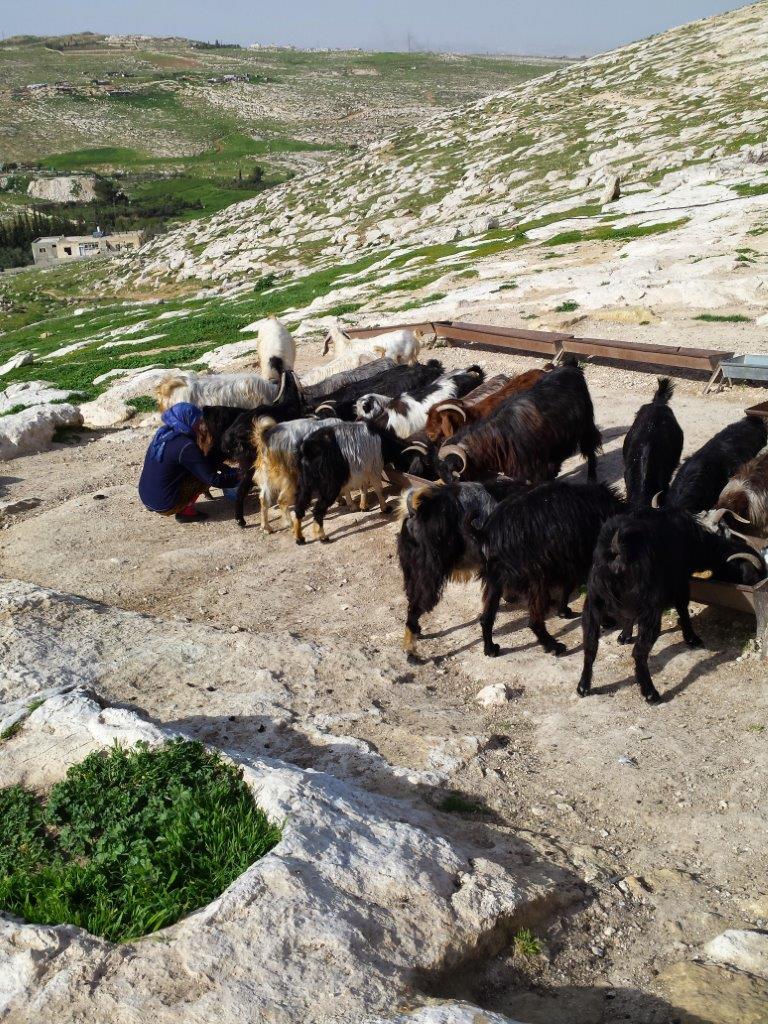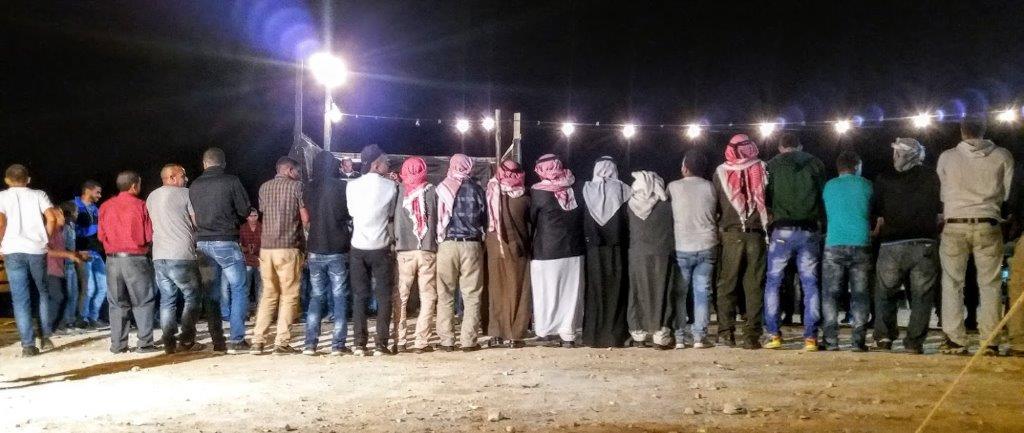
In the Arab world, where the family is the corner stone of society, honor is central. Moreover, among the Arabs honor is often perceived as being related to sexual purity (Dodd, 1973). Issues of honor may turn into long-lasting family disputes, which through escalation may become violent. The urge to protect the family’s honor can take severe forms and in extreme cases lead to blood vengeance (also named “honor killing”), the obligation to kill in retribution for the death of a member of one’s family or tribe, and a form of maintaining honor (Al-Krenawi & Graham, 1997).
Aggression and the Use of Power
As described previously, honor may lead to aggression. The concepts of culture, power and aggression seem to be interwoven. Issues of power are central in group relations, and will become evident in any large group (Cottam et al., 2004; Weinberg & Weishut, 2011). Power may be used in positive ways enhancing society, but may as well be used by the dominant group in coercive ways in order to subjugate other groups or individuals. It seems that no culture can do without power struggles, which may become obvious by the following definition of culture (Bond, 2004) as:
a set of affordances and constraints that channel the expression of coercive means of social control by self and others. All cultural systems represent solutions to the problems associated with distributing desired material and social resources among its group members while maintaining social order and harmony. Norms are developed surrounding the exercise of mutual influence in the process of resource allocation, favoring some and marginalizing others. Violations of these norms by resource competitors are conceptualized as “aggressive” behaviors and stimulate a process of justified counterattack, escalating the violence (p. 62).







